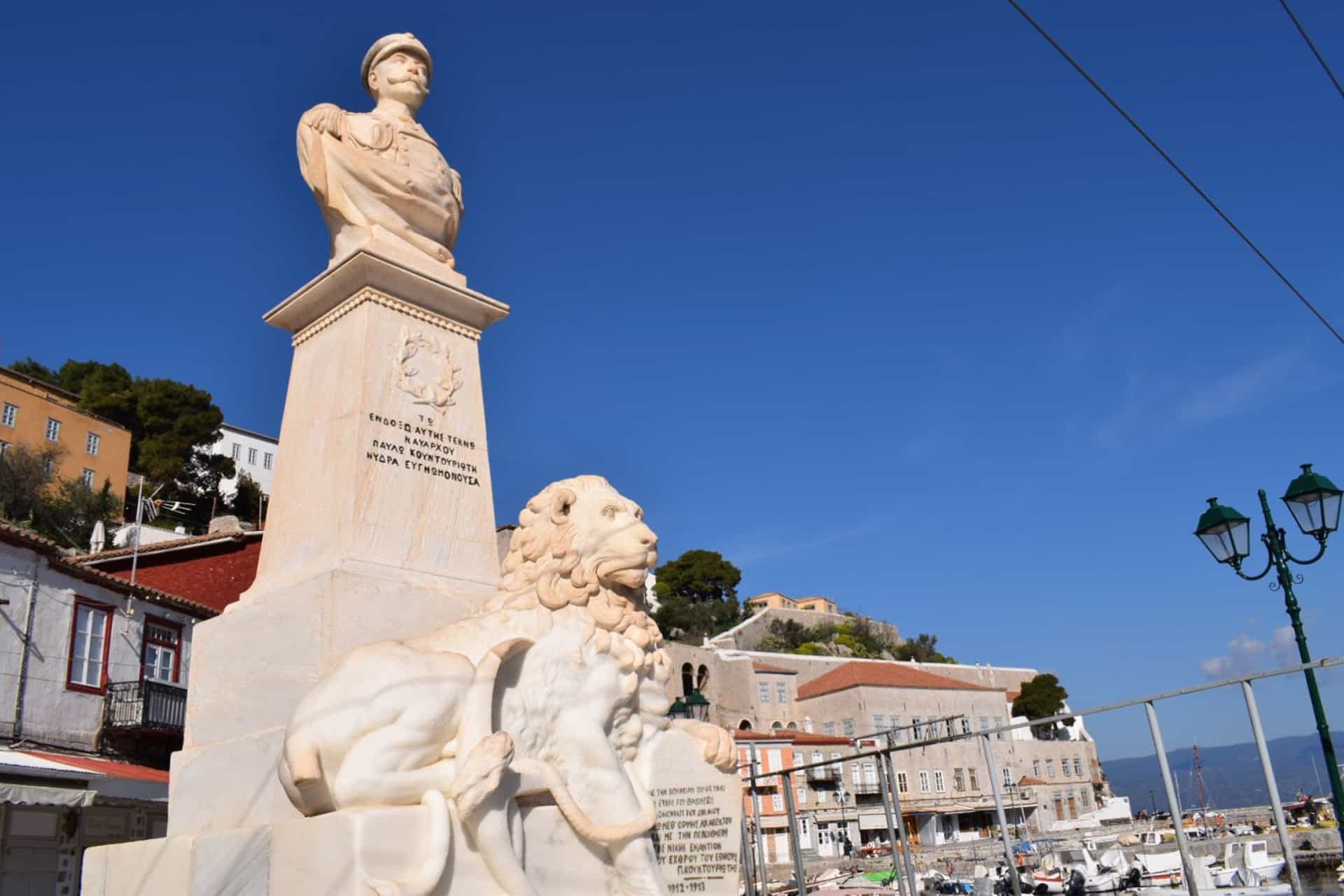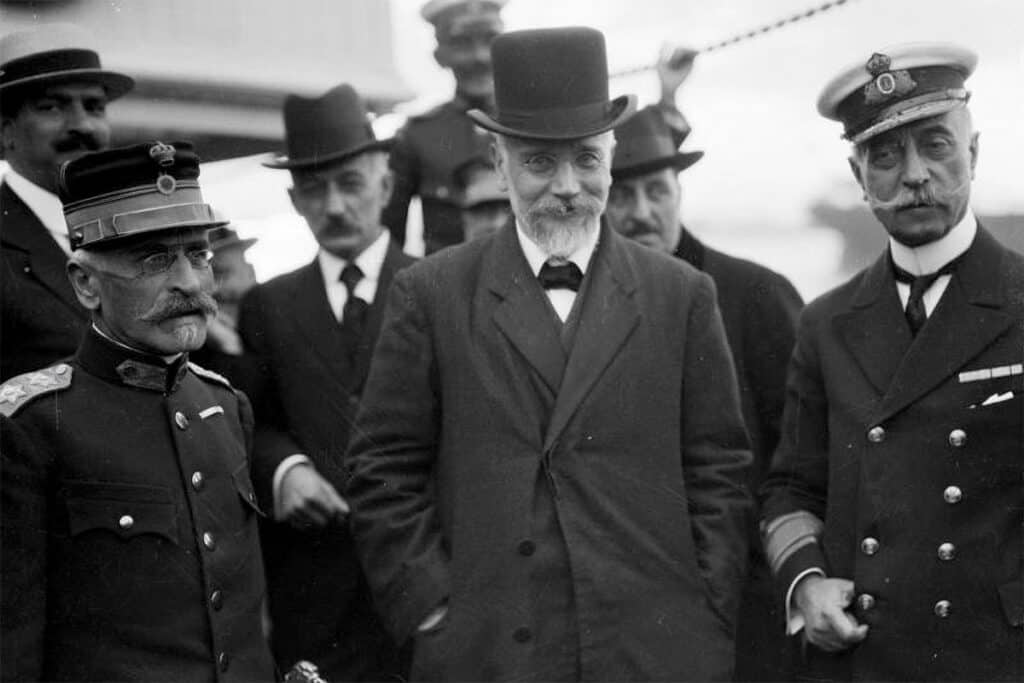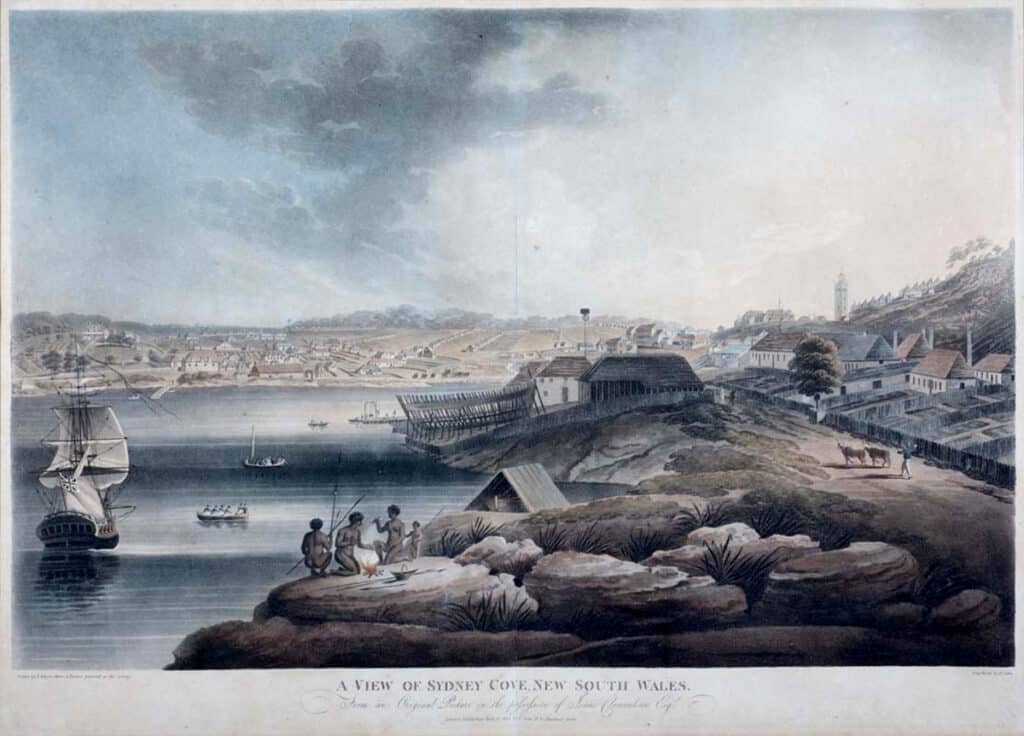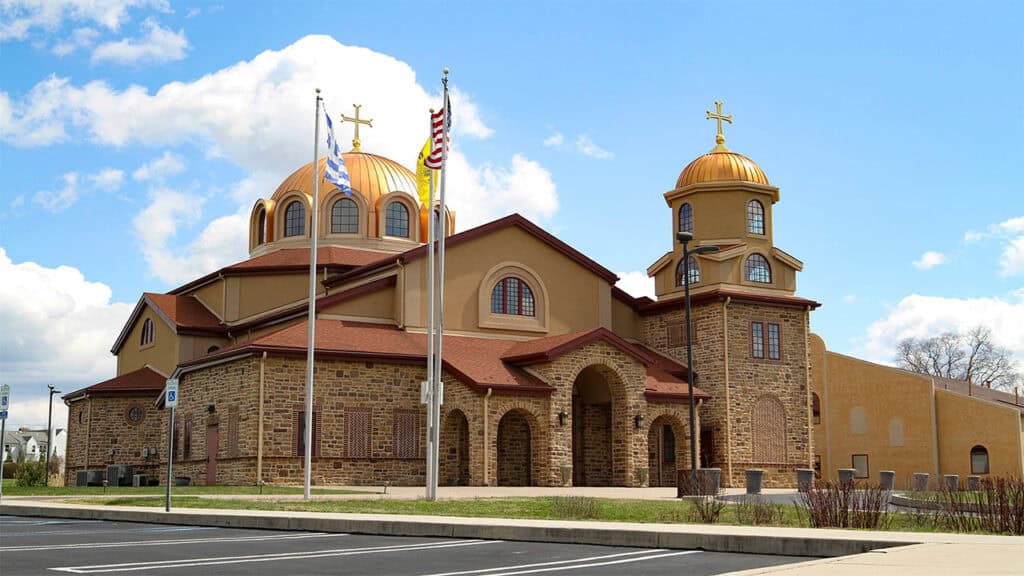For those who are students of the Greek War of Independence, few places figure as prominently as the island of Hydra. This is not just the boosterism of a proud Hydriot (which I am), but rather a fact of history. This tiny island, basically a granite megalith rising vertically out of the Saronic Gulf, with no arable land, hosted the largest fleet in the Eastern Mediterranean on the eve of the Greek War of Independence.
This island, more because of the patriotic yearnings of its middle classes than anything else, threw its ships, sailors, and fortunes into the fight for independence. Hydra, along with its neighbor Spetses and the even more diminutive Psara in the Eastern Aegean, turned the Aegean Sea into a Greek lake, preventing the Turks from bringing their sea power to bear against the Greek Revolutionaries. Without Hydra, we probably would not be celebrating 1821.
The price was dear and by the end of the Revolution. far too many ships and sailors paid for Greece’s freedom with a watery grave, and the island never recovered its shipping fortunes, which shifted to other Greek islands. Hydra retained its beloved flag, its honor, and glory, and its sons added further fame as naval heroes in the Balkan Wars. In the post-World War Two era, the port town, with a preserved beauty from another era, became the haunt of poets and painters, along with a wave of tourists in their wake.
Hydriots never forgot their past glory, drilled into every Hydriot—at home or in the Diaspora—from the cradle and etched in the stones of the island’s graceful yet decaying mansions. Hydra’s amphitheatrical harbor and its exquisite beauty were protected from one of the greatest enemies of modern Greece—crass concrete development. The town’s architecture must conform to norms of the 1800s so that the modern port looks and feels pretty much the same as it did around the time of the War of Independence; one can easily substitute the haute couture of the well-heeled tourist or native with the vrakes and waistcoats of the Revolutionary Era. The setting, the memories, and the history are all there, waiting for the chance to tell their story. It has arrived.
Hydra is the perfect place to celebrate the bicentennial of the Greek War of Independence. All the abovementioned factors have played a role in the development of the “Hydra Rock of Liberty 1821-2021” initiative, for Hydriots to celebrate their island’s seminal role in the country’s successful fight for freedom. In a Greece, all too often centralized and statist, here comes this tiny island with a sense of history, ready to tell the world.
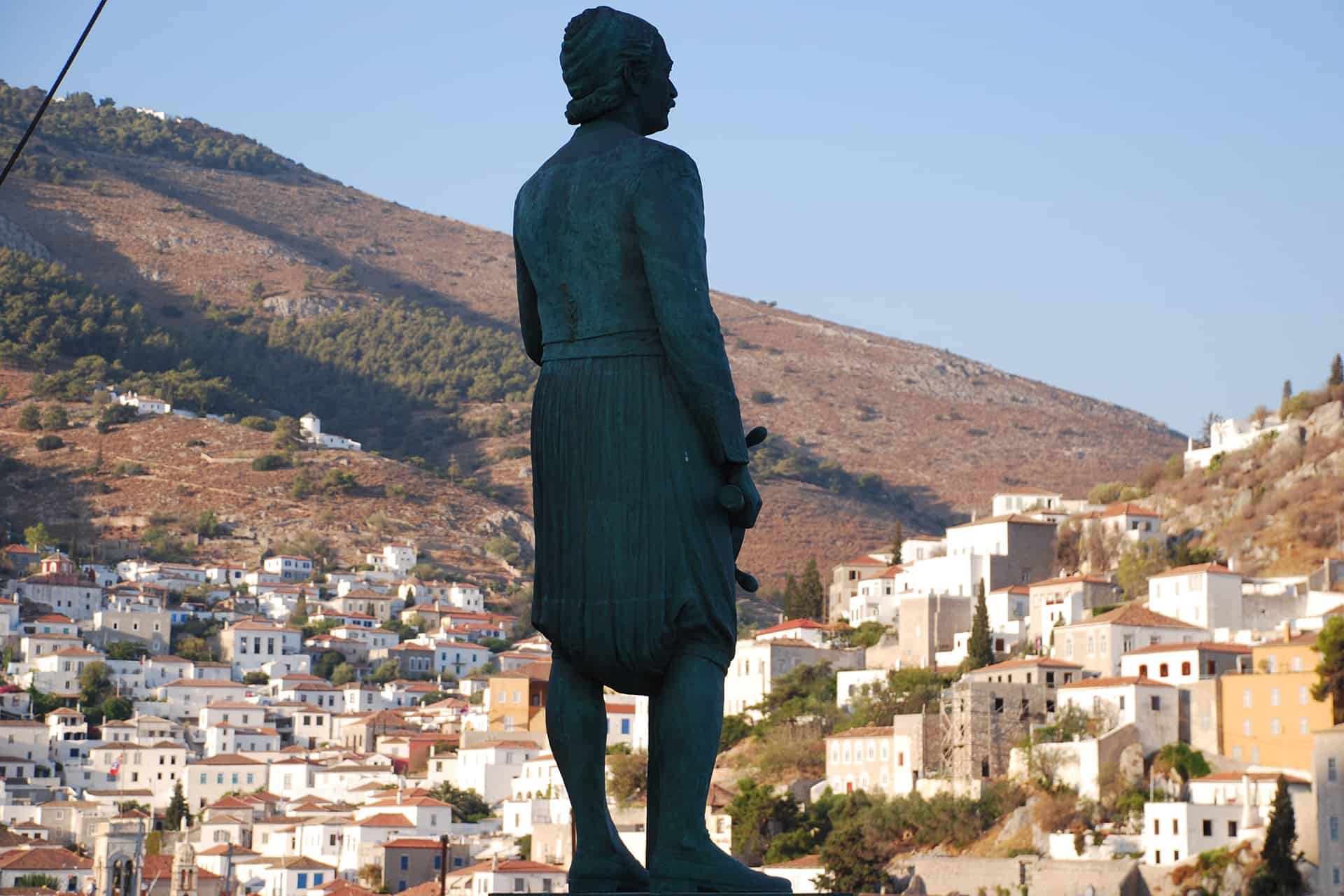
For the next year, in the countdown to the bicentennial, Hydra will host a series of events, lectures, and projects, designed to celebrate the island’s role in Hellenism’s fight for freedom. This effort is the result of a combination of municipal, civic, and cultural organizations, backed by sponsors and academics, and fueled by a spirit of volunteerism.
Hydra’s mayor, George Koukoudakis, an assistant professor at the Greek Military College, has been at the forefront of these efforts. The program had its debut at the Old Parliament Building in Athens, where the mayor outlined the goals of the initiative. These include making more widely known, both in Greece and abroad, the great contributions of the island, to make the younger generations aware of this unique history, and to look at Hydra in the context of the future.
Mayor Koukoudakis has fostered a partnership with the other two “nautical islands,” Spetses and Psara, to highlight the magnificent and heroic legacy of these three tiny islands in a collaborative partnership, just as they did in 1821. Beyond this, “Hydra Rock of Liberty 1821-2021” is in the process of teaming up with other key revolutionary venues, both inside and outside Greece. The Diaspora played a significant role in the Revolution, and the Hydriots, as intrepid seafarers and cosmopolitan merchants, were in constant contact with key ports near and as far away as the Americas. As such, the Diaspora is very much a part of the “Hydra Rock of Liberty 1821-2021” initiative.
The Greek War of Independence resonated far beyond the borders of the small state which emerged. The idea of an ancient state reborn, a resurrection of a martyred Byzantium, combined with the Enlightenment ideas of freedom and citizenship—the two standards of the American and French Revolution—stirred the hearts of the Greek Revolutionaries as well. It is no accident that thousands of Americans and Western Europeans sailed to Greece to give their lives and fortunes to this cause. In all of this, the Hydriots were front and center. Hydra is known to people around the world for its exquisite beauty from another time, now Hydra has a chance to talk about that “other time,” the Glory Days of 1821, at a time when Hydriots led from the front. They are doing it again in 2021.
